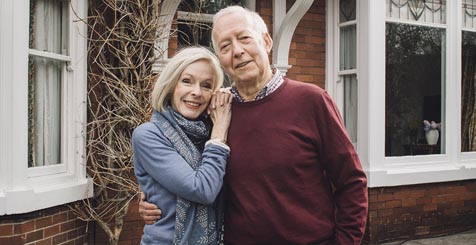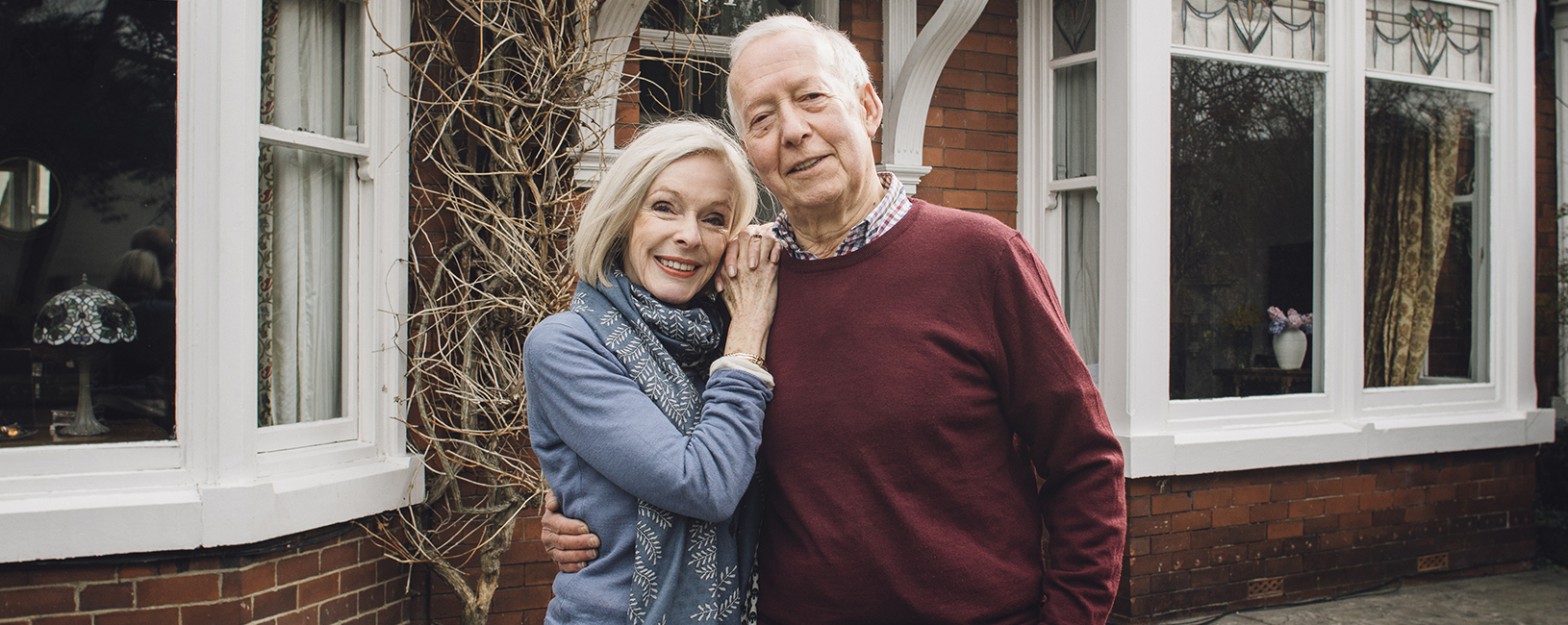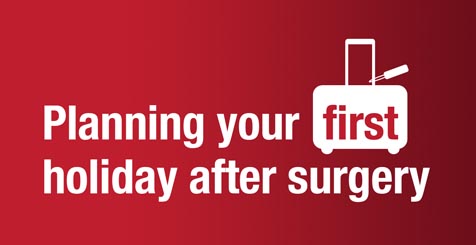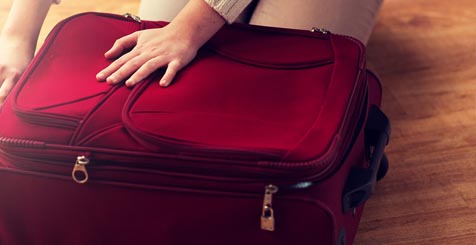When you get home after heart valve surgery, you can expect to feel the effects of tiredness and the emotional fall out that accompanies any major health event, including yo-yo-ing moods. On a practical note, be prepared to limit everyday activities – your sternum will take around three months to heal so you’ll need to adapt your routines. You can make your homecoming easier by making some adjustment to your environment and priming your family beforehand. Here are a few pointers on getting your home ready for recovery from heart valve surgery…
Avoid physical strain
It’s important to remember that you’ll need to avoid putting any strain on your wound for six weeks after your operation to allow it to heal. As much as you’d like to get back to normal, that means not lifting anything heavier than a half a kettle of water. While you’ve got the most important thing covered (who can manage without a cuppa?!), if you’re the main cook at home, you’ll need to be mindful that lifting heavy saucepans is on the banned list, along with carrying shopping bags. For the time being, stick with making a cup of tea or coffee or boiling an egg, and get someone else to take on cooking duties if you can.
Plan ahead and make sure that day-to-day items are in places that you can reach easily without stretching – that might mean re-jigging your cupboards for easy access or leaving the items you use the most out on the side for the first few days.
Manage grandparent duties
Perhaps you’re a hands-on grandparent who sees your grandchildren regularly. Whether visits are occasional or you usually help out with childcare, you’ll need to pre-warn the family that, for now, you won’t be able to pick up small children, manhandle pushchairs or run after escapee toddlers. You’re bound to be feeling tired and priming your family should help to keep visits to a manageable length.
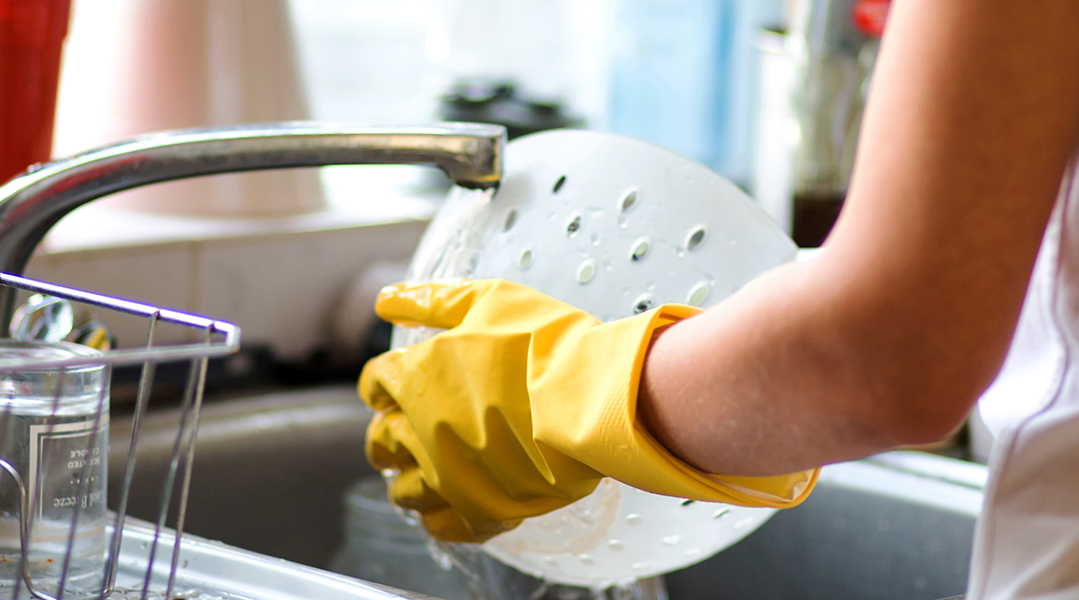
Ease off on duties at home
Heart valve surgery and heavy housework don’t mix, so don’t attempt activities like vacuuming or mopping. Lighter jobs such as washing up or dusting are fine – as long as you’re feeling well enough. In the garden, don’t take on the big tasks like mowing the lawn yourself – stick to pruning and weeding for now and arrange for someone else to keep on top of fast-growing grass if it’s summertime.
Tips for lifting
As the days go on, you may start to feel impatient to do more. However, it’s important to stick to light lifting only. When you can, use both hands to spread the strain across your body rather than lifting one-handed.
Taking care of the pets
If you have a faithful canine companion who’ll be looking expectantly at you when you get back from the hospital, be ready to make adjustments to your dog-walking routine. Consider asking a friend or relative to help out for the first few days. Once you’re ready to go out and about, get someone else to go with you on dog walks for the first six weeks after your op, particularly if you have a large dog who’s inclined to pull on the lead.
Cat owners might want a hand with putting food down and picking up empty bowls from the floor during the first few days. Get some help with emptying and replenishing the litter tray too, as this involves bending and lifting.
Driving the car
No doubt you’ll want to regain some independence as quickly as you can, but bear in mind that, legally, you shouldn’t be driving for four weeks after heart surgery. The recommendation is to err on the side of caution and wait for six weeks from your surgery to pass before you get behind the wheel again. Don’t forget that you’ll need to update your motor insurance company that you’ve had heart valve surgery, otherwise your insurance could be invalid. The British Heart Foundation provides lots of information about driving after heart surgery here.
Losing your independence short-term can be frustrating. In readiness, you can research other transport options before you go for surgery: check bus routes and have bus and train timetables at the ready. You might also want to get recommendations for reliable local taxi firms so you have a few numbers to hand.
Gentle exercise
Walking and going up and down stairs will provide enough gentle exercise during your recovery, with a stationary exercise bike being the absolute maximum you should think about during the healing period. Take your doctor’s advice on when to resume more strenuous exercise as you gradually regain fitness.
Staying cool
Recuperating during hot summer weather means keeping cool and drinking plenty of fluids, as getting dehydrated can cause your blood pressure to drop. Keep the inside of your house cool and stay out of the sun when it’s at its hottest between 11 am and 3 pm. Having a sunshade set up when you’re outside during the cooler daylight hours will help to keep your temperature at the right level.
Now that you’ve looked at the practicalities of coming home after surgery, why not read about mental preparation and techniques to help through treatment and recovery?


